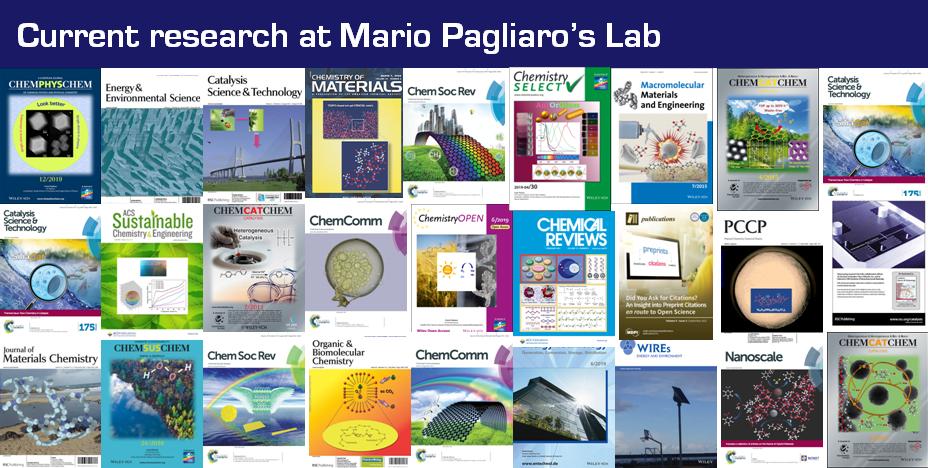| qualitas1998.net
|
 The MPL is active in four main
research fields: The MPL is active in four main
research fields:
All research papers are self-archived and freely available for download from our Lab website qualitas1998.net. NanochemistryResearch in nanochemistry focuses on sol-gel materials and metal-organic alloys (MORALs) for green chemistry applications. Joint achievements include new SiliaSun, TitaniaSun, SiliaCat TEMPO catalysts for synthetic organic chemistry and enhanced polysaccharide nanofibers production; new AquaSun antifouling coating; and new bionanomaterials such as Omeg@Silica based on new bioproducts obtained using jointly developed novel extraction methods.BioeconomyDevelopment of new, green bioproduct extraction methods and development of new green technology for old biobased processes. Joint achievements include the introduction of several new bioproducts including new AnchoisOil fish oil, new IntegroPectin citrus pectin, new CytroCell micronized citrus cellulose, new beer making process, and new olive biophenol extraction process at three phase olive mills.Chemistry and energy education researchJoint achievements include a number of highly read research papers in chemistry and energy education research widely used across the world to improve education in chemistry, nanochemistry and catalysis.The studies in energy management and solar energy education, for example, fulfill a global need for better energy education in the context of the energy transition. Open science and scholarship evaluationOur studies in the field today are widely read worldwide to teach and purposefully use open science tools. Research started in 2017 with a study on preprints in chemistry. We have explained why chemistry is the basic science with the lowest uptake of open science (preprints, green self-archiving, OA papers).Yet, the benefits of open science are too many for the chemistry community to continue in this delay. Key to increase open science uptake is PhD student education in open science. Hence, we are publishing a number of new studies to inform said new education, spanning from publishing scientific articles in the open science era to preprint citations. Our study on expanded evaluation of scholarship in the open science age is currently used by academic and research institutions across the world to renew evaluation of researchers based on esearch, teaching and mentoring, and service to society. Join the MPL Ask your supervisor to spend part of your PhD or MSsci at Mario Pagliaro's Lab. You will carry out your work in the context of ongoing, active co-operation with leading Laboratories based in more than 20 countries. Research-based training includes attending international conferences. Between 2011 and 2017, the team organized the SuNEC - Sun New Enery Conference and the FineCat - Symposium on heterogeneous catalysis for fine chemicals. You will simultaneously acquire the personal skills you will need to further develop your career through a versatile programme that addresses both academic expertise and personal skills; while spending several months or one year in a surprisingly nice place for carrying out multidisciplinary research at the interface between chemistry, biology and materials science. Studies -- whose outcomes are amongst the most frequently cited in the scientific literature -- have a strong theoretical input and are aimed at producing devices as well as new chemical processes based on the understanding of the relations between structure and activity of materials and processes involved. One of our approaches to utilize molecules for technological applications is via structural organization in solid state. Palermo -- a sea city inhabitated by hospitable people -- is among Italy's finest cities, with an intense cultural and night life, being also an excellent surfing location. |